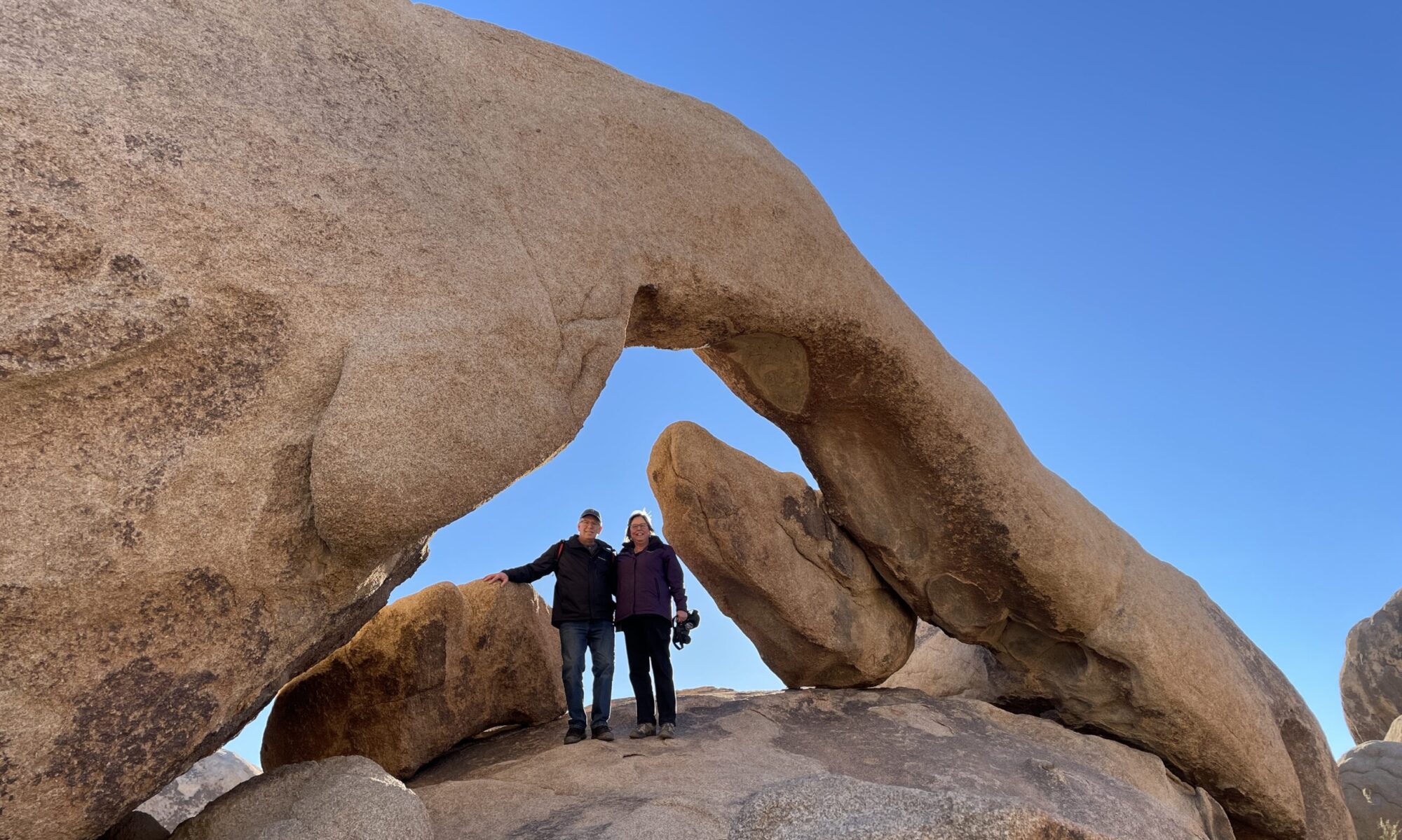

I recall Walter Wangerin, Jr., pastor and author, telling the story of an invitation for a home visit he received early in his ministry from an elderly woman. He said it felt more like a summons to appear. She formally received him in her home and they had tea. When he inquired about her interest in having him visit, she said that she knew his father and wanted to see how his son had turned out.
I appreciate serving a relatively older congregation in my early 60s and seeing what we look like or how we have turned out through years of discipleship.
The mission of The United Methodist Church follows the Great Commission from Jesus to make disciples of Jesus Christ for the transformation of the world. Relationships usually do not mature in a moment, but are nurtured and grown through the years. At this point in my life I am grateful for disciple-making that happens over time.
I am interested in this aspect of ministry now because of the contentious and divisive atmosphere of the larger church and our political climate in these most recent years. The corrosive and combative nature of our rhetoric with each other is painful. I sometimes feel exhausted and discouraged in the midst of it.
So, I got to thinking about the long-term effects of acting and speaking and thinking in certain ways. I find I am less interested in the content of theological or political arguments these days because many of them are approached in bad faith and not for the purpose of learning from each other. My greater concern is how we turn out because of the beliefs we hold and actions we take.
Theology is a major contributing factor to the kind of disciples of Jesus Christ we become through the years. What we believe about God, Jesus Christ, the Holy Spirit, sin, humanity, and salvation both shape and are shaped by our worldview. That’s why we focused on the Apostle’s Creed after Easter.
So, how might we assess the quality of our discipleship? How might we figure out how we are turning out? John Wesley felt that good places to learn these qualities included the Ten Commandments and Old Testament Prophets, and the teachings of Jesus especially the Sermon on the Mount. We can add the Fruit of the Spirit (Galatians 5:22-23) and Micah 6:8.
Our current worship series on “A Church that Loves Like God” reflects our commitment to growing a loving community while we gather, connect, learn and serve. We care about how people turn out because of their involvement in our congregation. As we enter our 5th year of ministry together I am grateful for your faithfulness and the ways we are turning out because we have been summoned by God to be full of love.

